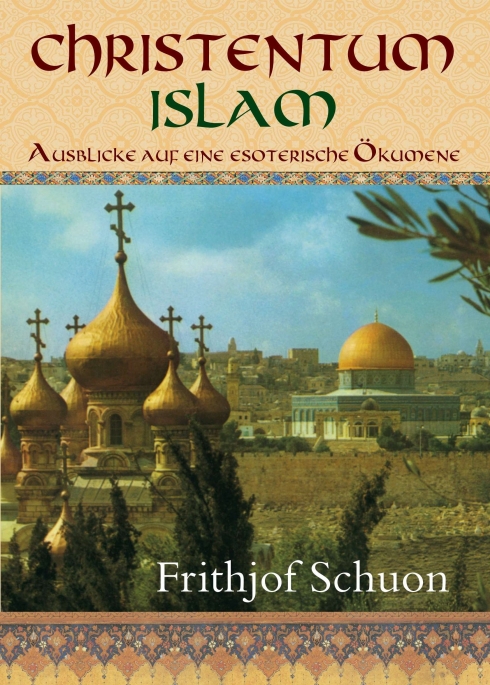“Man is created out of objectivity and transcendence; since he has forgotten this – in terms of existence even more than in terms of thought – his vocation, as it were, is to “become again what he is,” that is, to return to his celestial possibility. Outside of objectivity and transcendence, man does not exist, there is only the human animal; to find man, one must strive toward God.”
Frithjof Schuon (1907-1998) is widely regarded as one of the most important writers on the philosophy of religion of the 20th century. He is considered a leading exponent of that school of thought called Sophia perennis (“everlasting wisdom”), which contains the timeless and universally valid principles that underlie the various doctrines, symbolism, sacred art, and spiritual exercises of the world’s religions.
Starting from the principles of metaphysics, Schuon deals with the essence of man, which he characterizes with the terms “comprehensive cognitive faculty, free will, feeling capable of disinterestedness.” Man can and should recognize the true, want the good, love the beautiful.
The book is addressed to people who are searching for a spiritually founded understanding of the world and their own life, an understanding that goes beyond the answers that the modern sciences or the only exoterically understood religions can give. It is able to lead to liberating insights and deep certainty.



